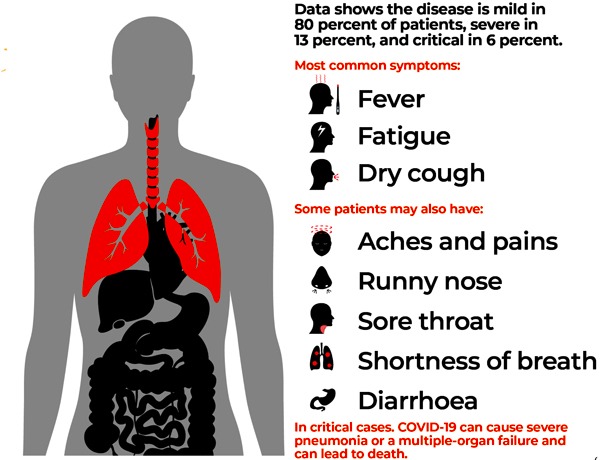
A CLINICAL psychologist has said authorities should craft child-friendly coronavirus messages to avoid invoking fear and anxiety among children.
BY LORRAINE MUROMO
In an interview with the NewsDay Weekender on Wednesday, Arnold Mutemeri said the lockdowns could also bring anxiety to adolescents who will worry about their future after the closure of schools as well as the security of jobs of their breadwinners.
Mutemeri said COVID-19 related information has not been child friendly, invoking emotions of fear and anxiety in children.
“Most of the information that has been circulated from the beginning of the pandemic is not child friendly. There is a need to understand that children do not learn the same way as adults. There has been a shortage in child focused messages,” Mutemeri said.
“Ever since the beginning of the pandemic, I have not come across any cartoons or animated material that will help lighten information and make it more palatable to children.”
Zimbabwe has been under lockdown since March 30 to contain the spread of the coronavirus.
Schools were closed a week earlier and there is uncertainty on when they could reopen.
- Chamisa under fire over US$120K donation
- Mavhunga puts DeMbare into Chibuku quarterfinals
- Pension funds bet on Cabora Bassa oilfields
- Councils defy govt fire tender directive
Keep Reading
Mutemeri said while younger children were less likely to be affected by the lockdowns as they could be easily distracted by the availability of resources such as toys and cartoons, depending on communities, some of the children are likely to get more anxious due to COVID-19 messages that are not friendly.
“A major impact can be realised on school going children and adolescents particularly high school students going up as they have a wider social network,” Mutemeri said.
“It streamlines into a scenario where they are more anxious as they are about to write their ordinary and advanced level exams. They have much more to lose.”
He added: “The effects can also be largely seen on adults as they worry more about their family’s livelihoods as well as the security of their jobs.”
The effects, Mutemeri said, could be attributed more to the type of community they were exposed to.
“Children who have such challenges can only be viewed according to the areas they come from, particularly gated areas. In high-density areas, rules of the lockdown are not being strictly adhered to and social distancing not being observed but children in low-density suburbs are more likely to be affected.”











